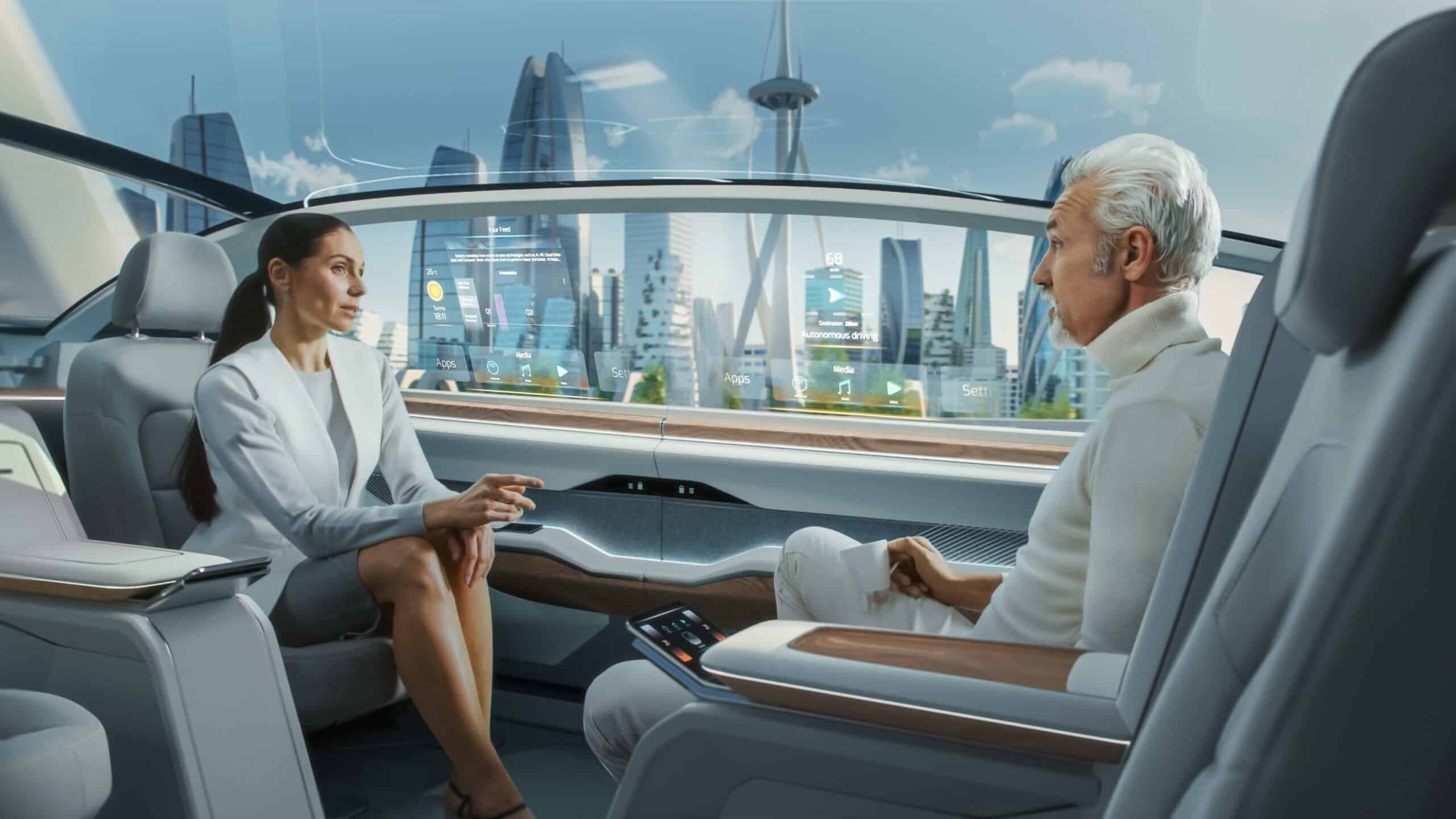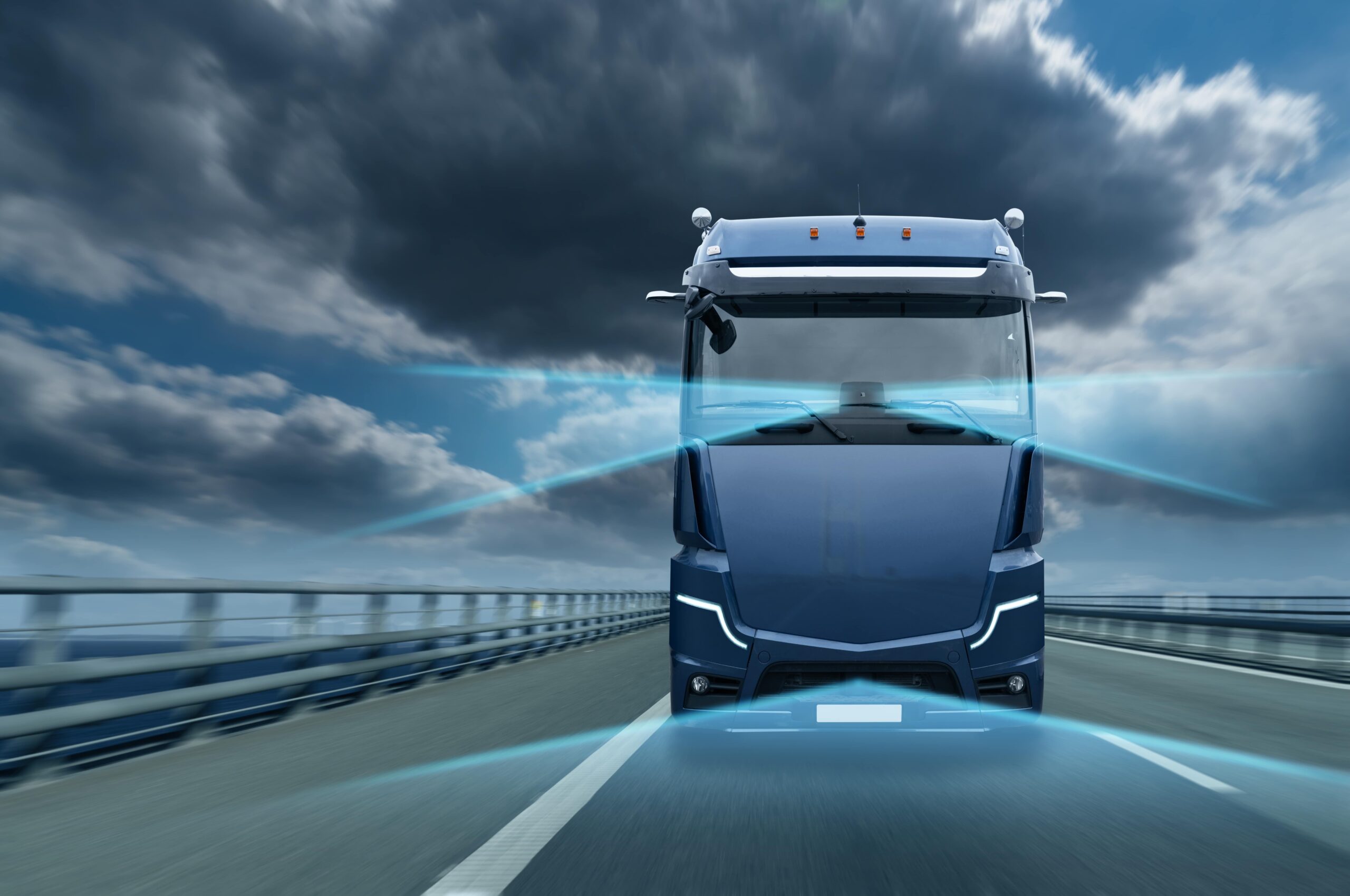- The pandemic’s impact on travel and leisure
- Challenging times call for remarkable innovations
- Visions and predictions for the travel and leisure sector
- Closing thoughts
The dark cloud that has been hanging over our heads for more than a year finally seems to be lifting somewhat. As we prepare to enter the post-pandemic period, some industries will have to work harder than others to get back on track and regain the position they held before the novel coronavirus brought the world to its knees. One of those sectors is travel and leisure, which will have to embrace innovation and rethink the entire travel experience in order to convince travellers they can once again safely roam the world.
The pandemic’s impact on travel and leisure
As an industry that relies heavily on the movement of people from one country to another, travel and leisure suffered a tremendous blow when one nation after another went into lockdown to curb the spread of the virus. As a result, international mobility reached an all-time low after dropping by 65 per cent in 2020, reveals the Passport Index’s world openness score. According to some estimates, the top 10 tourism markets lost anywhere between $1.4 and $1.9 trillion in the preceding year alone. Although the vaccine rollout offers a sorely needed glimmer of hope, it will probably take years for the sector to recover from a crisis of such magnitude. Credit agency Fitch Ratings predicts that European hotel occupancy rates won’t recover before 2023 at the earliest, while more conservative estimates extend the recovery timeline all the way to 2025.
Besides financial repercussions, the pandemic has also brought some major structural changes that could have a significant impact on the future of the travel and leisure sector. The most indicative among them is the increased demand for virtual travel services. Unable to move freely due to strict travel restrictions, people increasingly turned to virtual and augmented reality technologies to satisfy their need for seeing and experiencing new places and cultures. The adoption of hotel service robots also picked up pace as hotels sought ways to keep their guests safe. The desire to increase passenger safety was also the main driving force behind the efforts to transform the existing airport infrastructure through accelerated adoption of technologies like the IoT, biometrics, and data analytics. While it remains to be seen which of these structural changes will become permanent, it’s clear that the travel experience of the future will be quite different from what we have become accustomed to in recent years.
Challenging times call for remarkable innovations
To address new challenges brought about by the coronavirus pandemic and give themselves a better chance of surviving the crisis, many travel and leisure businesses have turned to technology for help.
AI-powered travel assistant
Eddy Travels, for instance, is a new AI-powered travel assistant designed to simplify the trip planning process. Accessible through popular messaging platforms like Facebook Messenger, Viber, WhatsApp, and Telegram, the assistant provides travellers with personalised suggestions about various travel-related services, including flights, hotels, and car rentals. Eddy Travels can respond to both text and voice messages, thanks to its sophisticated natural language processing system that allows it to understand human speech. “Chat commerce is set to explode and impact many industries, including travel,” says Edmundas Balčikonis, co-founder and CEO of Eddy Travels. “When you combine the advancements of natural language processing, the rapid development of messaging applications, and the desire people have for simplicity and personalisation when planning their trips, you start seeing how relevant Eddy Travels is.”
Travel agents go online
The pandemic has been harsh on travel agents as well, many of whom lost their jobs due to the decline in the number of international travellers. Further compounding the issue is the fact that the travel agent industry has traditionally been an offline industry. To address this problem and help travel agents connect with new clients more easily, the popular hotel booking platform TRVL.com has launched an online travel agent marketplace where agents can receive a commission for each booking made through the platform. “We believe it is time we make the services of travel agents available to everybody online, including the millions of self-bookers – travellers that are booking travel online without any help. We believe that this will become the new normal,” says Jochem Wijnands, TRVL founder.
Book a virtual trip
With many people unable or unwilling to travel for safety reasons, a growing number of travel and leisure businesses have expanded their offerings with virtual travel experiences that allow you to take a trip without ever having to leave your home. For instance, Airbnb recently launched Online Experiences, a feature that takes users on various experiences, such as a virtual bike tour with Olympic gold medallist Alistair Brownlee, or a meditation led by a Buddhist monk, or an Irish dance masterclass, and many others. “With so many people needing to stay indoors, we want to provide an opportunity for our hosts to connect with our global community of guests in the only way possible right now, online,” explains Catherine Powell, Head of Airbnb Experiences.
Visions and predictions for the travel and leisure sector
While the pandemic has undoubtedly been incredibly harsh on the travel and leisure sector, it has also given us an opportunity to rethink our travel behaviour. “COVID-19 has led to profound changes in tourists’ behaviour and expectations as well as in industry operations which are predicted to have long-lasting impacts. We need to take advantage of the slow-down to reflect, rethink and plan for improved practices and behaviours,” says Marianna Sigala, professor at the University of South Australia and global tourism expert. “This includes revisiting how tourism activities impact communities; respecting nature and surrounds to ensure we’re enhancing and giving back to the areas and assets that draw tourists; and we need to do that with a mindset that shows we are ready for a successful and sustainable future.”
Most leisure attractions will have to make significant adjustments to their existing assets. “Right now, we can trial things, it’s an opportunity to try things because people will be more open. Owners will be open to try some riskier things. Already you can see out-of-home come to in-home, for example virtual museum tours. So there is an opportunity to create an ecosystem,” explains Louis Alfieri, principal and chief creative officer at Raven Sun Creative. “Brands need to bring value in terms of their overall strategy. How can individual, smaller experiences be brought together for a longer experience? At the leisure attractions, how are rules explained? How do you communicate positively? One opportunity I see is haptics – interaction with gesture movements to avoid touch, plus a luxury pricing model, with a smaller group at a high level experience.”
Dutch futurist Richard van Hooijdonk is particularly enthusiastic about the future role of VR technology, which will enable people to experience popular tourist destinations without ever having to leave their homes. It will also allow them to visit destinations they may not have otherwise been able to, such as outer space. Van Hooijdonk further expects tech-free tourism to become increasingly popular as people seek to disconnect from the internet, social media, and smartphones, which have come to dominate their everyday lives.
Closing thoughts
Faced with unprecedented challenges brought about by the coronavirus pandemic, the travel and leisure sector has been forced to undergo a major digital transformation that will have a significant impact on how we experience travel and leisure activities in the future. From virtual trips and hotel service robots to smart airports and AI-powered travel assistants, digital technology is set to take on a more prominent role within the travel and leisure industry, making it more resilient, sustainable, and safer for everyone involved.




